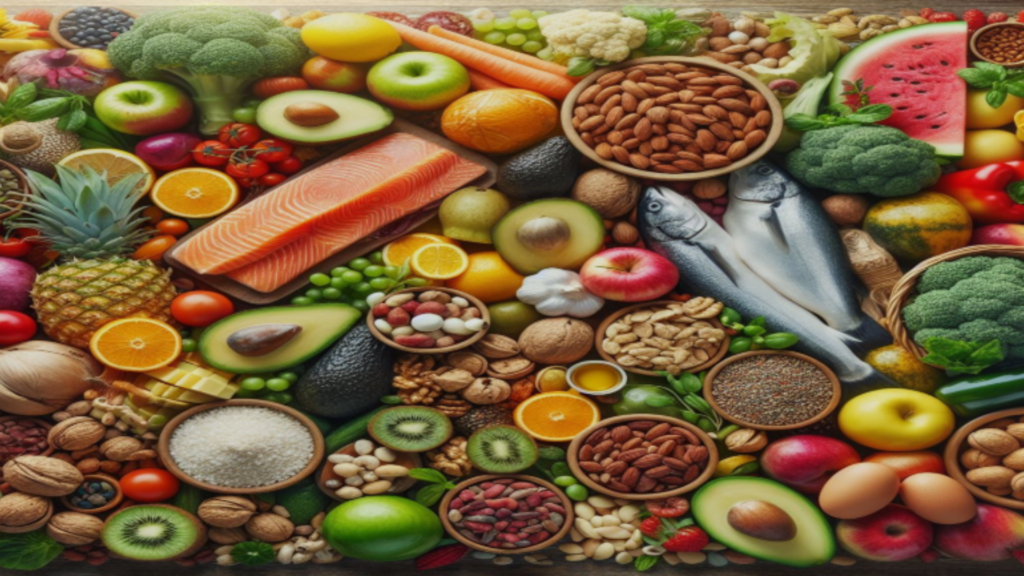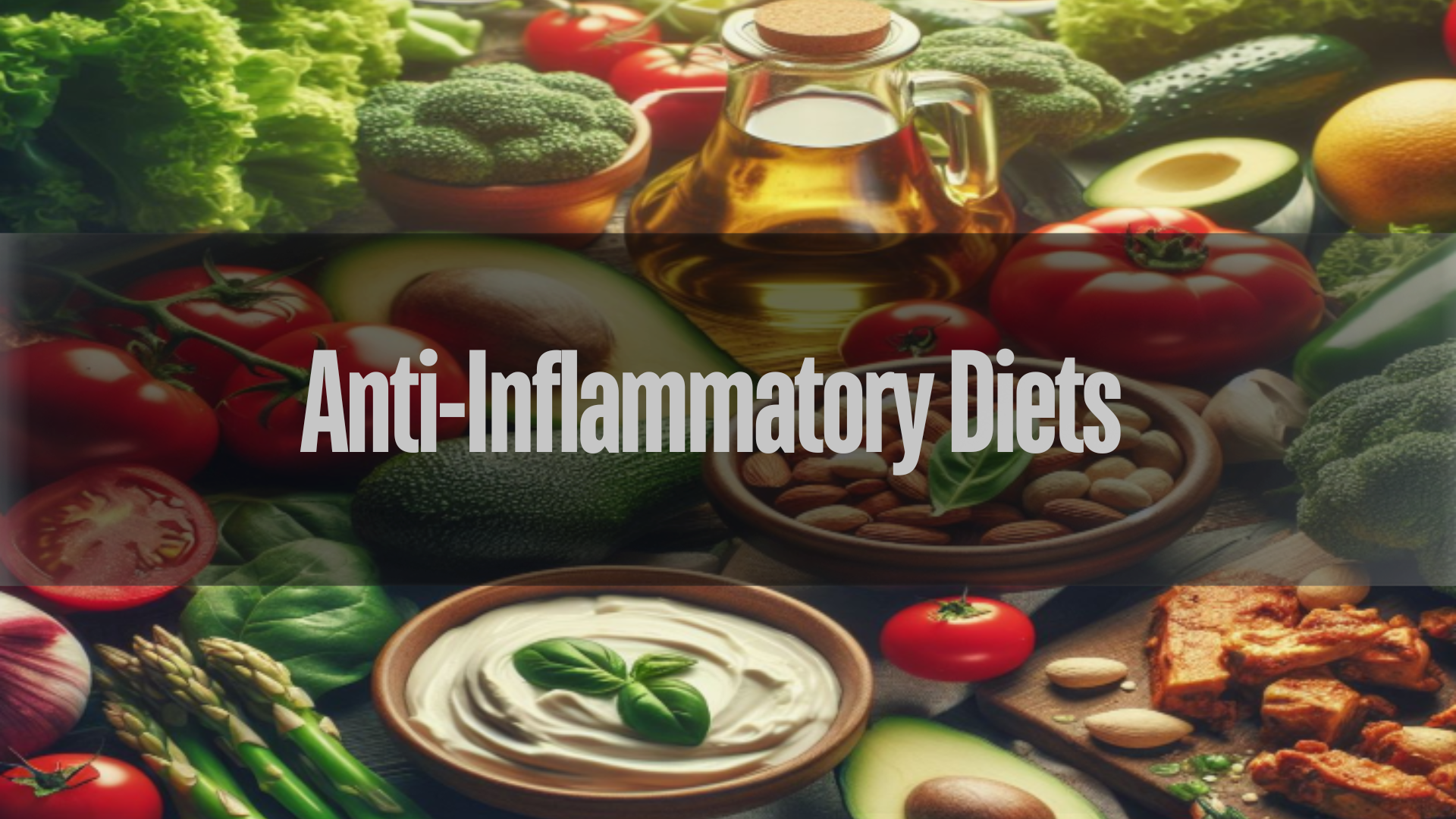Anti-inflammatory diets are another trend that has recently gained much popularity among people who care about their health and eating habits. These diets provide advice on which foods will help reduce inflammation in the body that is linked to numerous chronic diseases including; heart disease, diabetes, and some cancers. Allow me now to know more about nutrition and inflammation as well as how the use of an anti-inflammatory nutrition can help to minimise the impacts of chronic diseases.
Inflammation and its Effects to Man
Inflammation is an ordinary physiological response of the body to injury or infection and is protective in nature. In a sense, inflammation is the body’s immune response and mechanism to repair damage. Nevertheless, through chronicity, inflammation becomes a major cause of tissue injury and chronic diseases.
Chronic inflammation is associated with a range of health issues, including:
- Cardiovascular diseases
- Type 2 diabetes
- Obesity
- Arthritis
- Autoimmune disorders
- Cancer
The connection between nutrition and inflammation
In this case, research has indicated that diet influences the level of inflammation in the body. There are various foods that cause inflammation while there are foods that help reduce inflammation within the body. For instance, consumption of processed foods, sugary drinks, refined carbohydrates, and unhealthy fats contributes to inflammation, while intake of foods rich in whole grains, fruits, vegetables, healthy fats, and lean meat reduces inflammation.

- Whole Foods: Pay attention to the quantity and quality of food that you consult through increasing the intake of whole and processed foods. These foods contain nutritive value, which includes vitamins, minerals, antioxidants, and phytochemicals that work to eliminate inflammation.
- Healthy Fats: Also, replace saturated fats with unsaturated ones; these foods included olive oil, avocados, fatty fish like salmon, mackerel and sardines, nuts and seeds. Such fats consist of omega-3 fatty acids that possesses strong anti-inflammatory properties.
- Colourful Produce: It is important to consume a wide range of colourful fruits and vegetables since colours signify the availability of several phytonutrients that have the ability to reduce inflammation. Fruits such as berries, green leafy vegetables, tomatoes, and cruciferous vegetables are among foods with high antioxidant values.
- Lean Proteins: Opt for protein that is low in saturated fat like poultry, fish, tofu, tempeh and legumes than red and processed meats. Furthermore, considering the source of protein, it has been found that plant-based proteins have lower inflammation profiles.
- Whole Grains: Select whole grain commodities such as quinoa, brown rice, barley, and oats rather than their refined counterparts. They are rich in fiber and nutrients which assist in controlling the sensitivity of blood sugar level and inflammation.
- Herbs and Spices: Make sure to use proper herbs and spices in your foods as most of them contain anti-inflammatory nutrients. Some of the well-known spices consist of turmeric, ginger, garlic, cinnamon, and rosemary are very effective in reducing inflammation.
Possible Advantages Associated with an Anti-Inflammatory Diet
Adopting an anti-inflammatory diet may offer several potential benefits, including:
- Reduced inflammation levels
- Reduced mortality from chronic illnesses, including cardiovascular illnesses, diabetes, and cancer.
- Improved weight management
- Enhanced immune function
- Overall, a healthier physical condition
Conclusion
The inclusion of foods that have low levels of inflammation can be an effective way of ensuring the risk of. Getting chronic diseases is minimised and this can all be done through following an anti-inflammatory diet. Erat ranunculae ita diei in praescriptio et eviting inflammatory foods sed emphasis est in fresh, whole, nutrient-density foods mise natural-door defences et promote aegis and beneficium si sustainable. A healthcare professional or a registered dietitian should always be consulted before making drastic changes to the diet, particularly for those individuals with certain health complications or other requirements.
FAQs (Frequently Asked Questions)
Is it possible to cure diseases using an anti-inflammatory diet?
- An anti-inflammatory diet is not a magic solution, but it considerably decreases inflammation and the dangers of chronic diseases by addressing all aspects of wellbeing.
What should not be taken in an anti-inflammatory diet?
- Reduce consumption of processed foods, sugars, hydrogenated oils, and excessive red and processed meat products in order to create an anti-inflammatory environment within your body.
Is it possible to indulge in sweets when adhering to an anti-inflammatory diet?
- Yes! Healthy desserts consist of real foods like fruits, nuts, whole grains, and natural sweeteners including honey or maple syrup. These treats are delicious and help you get the essential nutrients and antioxidants that you need.
But, when it comes to an anti-inflammatory diet, how soon could one expect to observe the results?
- The recovery time may differ but some may start feeling symptoms subside in the following weeks. Other factors such as genetic attributes, health conditions, strict compliance with diets, and the way of living also affect the rate of transformation. It is crucial to stick to the guidelines of an anti-inflammatory diet and be persistent to reap the results.



